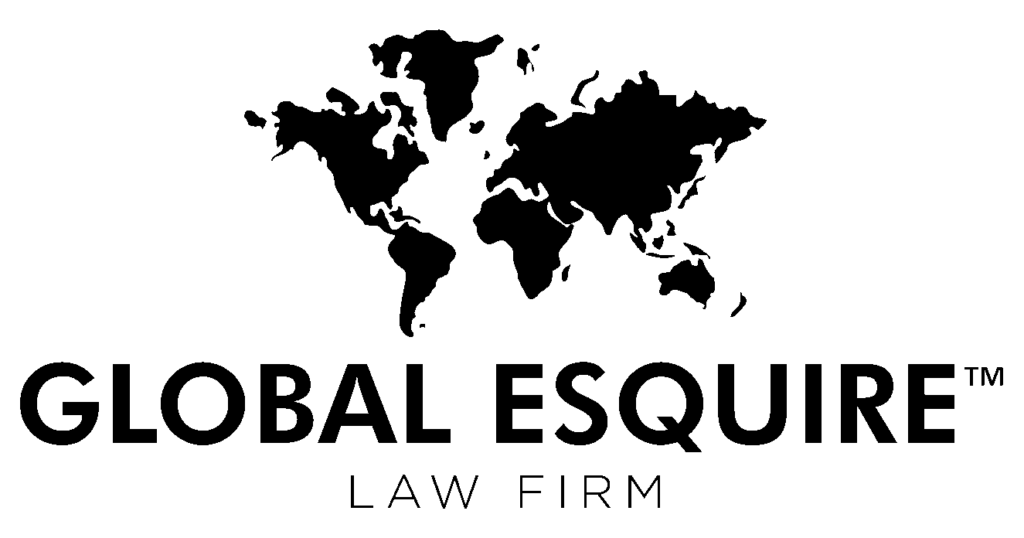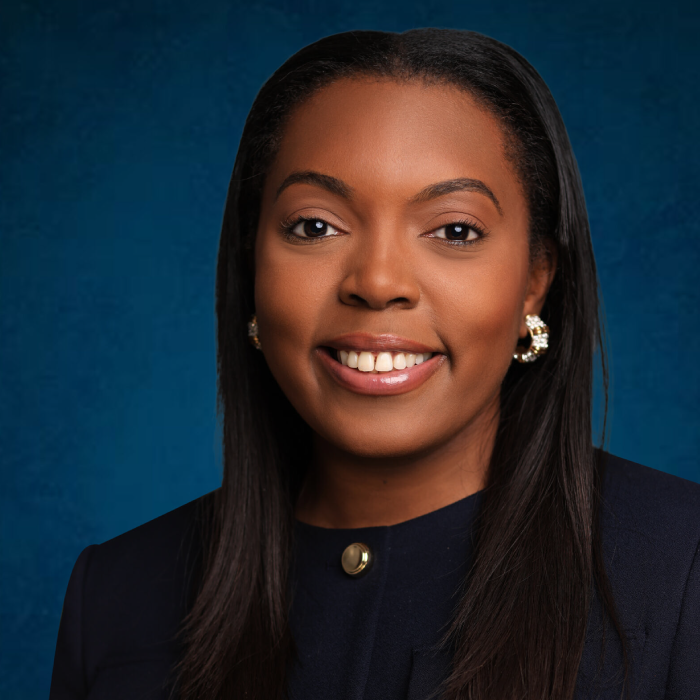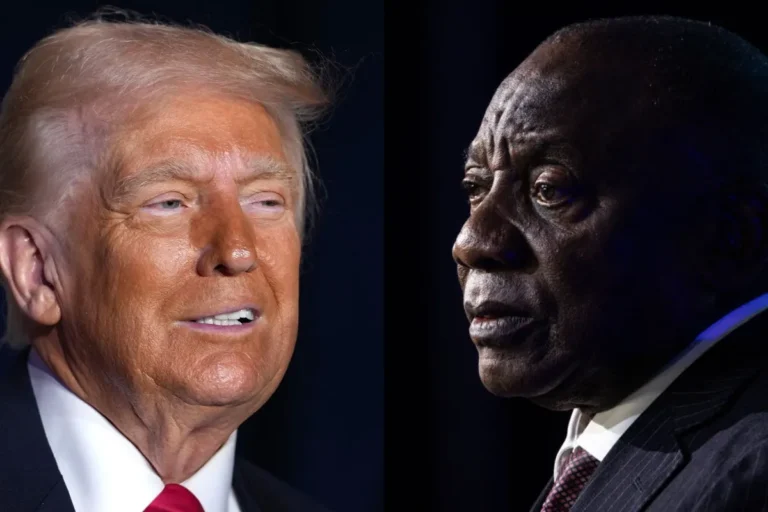The sounds of afrobeats have faded, and the parties have ended. The jollof pots are empty. But as flights carrying the African Diaspora back to America, Europe, and Canada take off, a vital question remains: What’s next?
The answer to this question will depend on what “Detty December” means to you. Is Detty December an emotional and cultural global homecoming that reconnects us to our roots? Is it solely about festivities and ancestral ties?
Detty December: A Cultural Celebration with a Billion-Dollar Economic Impact
During “Detty December,” the African diaspora—flock to West Africa to reconnect with our roots, and with us we bring in dollars, euros, and pounds, strengthening the local economy and boosting national reserves.
For countries like Ghana and Nigeria, this period brings more than just cultural reconnection—it delivers an impressive economic boost that ripples through every corner of the economy. Hotels and short-term rentals are fully booked, we sell out airline seats and pay astronomically increased prices, and event organizers rake in profits from concerts and festivals. The true beauty lies in the fact that it’s not just giant corporations catering to Africa’s tourism who profit, small businesses and informal vendors, the local community at large also benefit from this period. From street food vendors, local tour guides, local restaurants, drivers, to artisans selling handcrafted goods, the local community also gets a part of the profit. This seasonal boom creates temporary jobs, putting money directly into people’s pockets and uplifts families and communities during the festive season.
This single month generates billions in revenue, directly feeding into GDP growth. In 2023, Ghana’s tourism sector generated approximately $3.8 billion in revenue. While specific figures for “Detty December” are not available, December historically accounts for 25–30% of annual tourism income, as it is the peak month for international visitors drawn by events and festivities. Based on these trends, “Detty December” likely contributed an estimated $950 million to $1.14 billion to Ghana’s economy.[1] In 2023, Nigeria’s travel and tourism industry was projected to generate approximately $2.95 billion in revenue. December, being the peak period for tourism with its vibrant “Detty December” festivities, likely contributed a significant portion of this revenue. Based on historical trends, December is estimated to account for 25–30% of annual tourism income. This means “Detty December” likely generated between $737.5 million and $885 million in tourism revenue.[2][3][4]
What makes “Detty December” so powerful is that we, the African diaspora, become an economic powerhouse that transforms cities, businesses, and lives in the African cities we visit.
But that economic connection does not have to end when the parties do. Ghana and Nigeria offer the chance to turn cultural pride into economic action. These countries are calling—not just for their culture, but for the chance to be part of their future. The next chapter of Africa’s growth will be written by those who recognize the opportunity and take action.
Detty December is an opportunity for the African Diaspora to think long-term. It is a chance to move beyond celebration and into investment—building generational wealth and creating a legacy that ties you to Africa’s future.. Here’s how you can turn cultural connection into economic legacy.
As a lawyer who helps individuals and businesses navigate cross-border opportunities, I believe it’s essential to understand how to invest wisely in Ghana and Nigeria. Let’s talk about an unique opportunity and the legal pathways to make it happen.
The Opportunity: Ghana and Nigeria at the Forefront
Ghana and Nigeria are more than party destinations—they’re two of West Africa’s strongest economic engines, each offering unique opportunities for investors.
Ghana is renowned for its political stability, ease of doing business, and diaspora-focused initiatives like Beyond the Return. These programs encourage long-term investments and create bridges for African Americans and the broader diaspora to contribute to the country’s development.
Nigeria, Africa’s largest economy, is a global leader in industries like fintech, entertainment, and agriculture. Lagos, known as the “Silicon Valley of Africa,” continues to attract record-breaking investments in tech and beyond.
Both nations are hubs of innovation and growth, poised for significant advancements in sectors like technology, agribusiness, real estate, and renewable energy.
Despite these strengths, Ghana and Nigeria remain underexplored markets, particularly by African Americans and the broader diaspora. According to recent reports, Black-owned businesses in the U.S. generate billions annually, yet only a small fraction of this wealth flows into African markets. By shifting even a portion of that economic power, the diaspora can unlock significant returns while driving sustainable development.
Legal Insights for the Beginner Investor:
Africa’s vibrant and diverse markets offer incredible opportunities, but success begins with thoughtful preparation. Whether you’re taking your first step into African investments or exploring new possibilities, understanding the landscape is key. Here are some legal insights to help the beginner or curious investor.
1. Learn the Market Inside Out
Before stepping into a market, take the time to truly understand it. Africa is a continent filled with opportunity, but every country has its own rhythm, culture, and economic drivers. Your goal is to figure out not just what’s working but why it’s working.
Here are some questions to guide you:
- What industries are thriving? In Nigeria, for instance, technology and fintech are thriving, while Ghana sees steady growth in real estate and renewable energy. Understanding where the action is can help you zero in on the best opportunities.
- What challenges do consumers and producers face? Spotting gaps—like inadequate infrastructure or limited access to financing—can help you position yourself as a solution provider.
- How can I create value? Think about how your skills, resources, or network can address real needs.
- Who can I connect with? Building relationships with key players in your target industry is invaluable. A single conversation with the right person can unlock a wealth of information you won’t find online.
The best investors are great students—take the time to learn before you leap.
2. Consult Locally
No matter how much you read or research, nothing beats having someone on the ground who knows the lay of the land. Living in the diaspora and trying to navigate African markets without a physical presence can be challenging, and even with boots on the ground, the process can feel overwhelming.
Here’s why local consultants are essential:
- They’re your bridge. Whether it’s understanding how business is done or navigating cultural nuances, they make the process smoother. For instance, in Ghana, local consultants can help you identify which government incentives are worth pursuing and how to access them.
- They uncover hidden opportunities. Locals have the advantage of seeing opportunities others might overlook—like niche markets or sectors primed for disruption.
- They help you avoid pitfalls. From understanding zoning laws to recognizing cultural no-nos, their guidance can save you costly mistakes.
Start building relationships now—LinkedIn is a great tool for finding reliable professionals. Engage with people who are already doing what you want to do and learn from their experiences.
3. Understand International Law
Investing across borders isn’t just about opportunity—it’s also about knowing the rules of the game. Legal compliance isn’t the most exciting part of investing, but it’s one of the most critical.
Here’s what to keep in mind:
- What’s legal? Some industries may be off-limits to foreign investors or have strict regulatory requirements. For example, in Nigeria, foreign ownership in oil and gas comes with specific conditions.
- Are there double taxation treaties? Treaties between your home country and your investment destination can help you avoid being taxed twice.
- What are the incentives? Many African countries, like Ghana, offer tax holidays for investors in sectors like agriculture or renewable energy. Knowing these can make a significant difference in your ROI.
- What permits and approvals are required? Missing even one document can delay your investment or, worse, derail it entirely.
At Global Esquire, we specialize in helping investors navigate these complexities. With our team of experienced legal professionals in Nigeria, Ghana, and other African countries, we ensure you get the full benefits available to you while sidestepping unnecessary challenges.
4. Choose Strategic Investments
Not all investments are created equal, and finding the right fit for your goals is essential. Start by asking yourself some important questions:
- What are my goals? Are you looking to build wealth, create partnerships, or diversify your portfolio?
- What’s my risk tolerance? Are you comfortable with high-risk, high-reward ventures, or would you prefer a steady, lower-risk return?
- What’s my timeline? Some investments, like private equity or venture capital, take time to mature but can offer substantial returns.
Strategic investments often involve careful decision-making. Private equity, partnerships, or even joint ventures can be a great way to get started with less risk and more room to grow.
5. Have a Long-Term Plan
Investments aren’t about quick wins—they’re about playing the long game. Whether it’s bonds, stocks, or venture capital, the best returns often require patience and a clear vision.
For instance, compound interest on long-term investments in bonds or stocks can yield incredible results. Similarly, investments in startups or partnerships need time to stabilize before they begin to deliver significant returns. Always align your strategy with your ultimate goal, whether it’s growing wealth, creating partnerships, or diversifying into emerging sectors.
6. Monitor Your Investments
Once you’ve made your investment, stay engaged. Whether it’s through regular reports, virtual meetings, or updates from your partners, make sure you have a clear understanding of how your money is performing. Regular oversight allows you to make adjustments and capitalize on opportunities as they arise.
7. Get Legal and Professional Advice
Before you move forward with your investment journey, take the time to consult with a lawyer and investment advisor. Investing in Africa, especially in countries like Ghana and Nigeria, is full of incredible opportunities, but each comes with its own set of rules and complexities. A knowledgeable legal team ensures your investments are both safe and strategically aligned with your goals.
At Global Esquire, we’re here to help you navigate the legal landscape and position your investments for success. From ensuring compliance to maximizing the benefits available to foreign investors, our team is ready to guide you every step of the way.
As the excitement of Detty December winds down, think about how you can channel that energy into something long-lasting. Africa is full of possibilities, and there’s no better time to start exploring its business opportunities than now. Let’s build something extraordinary—together.






